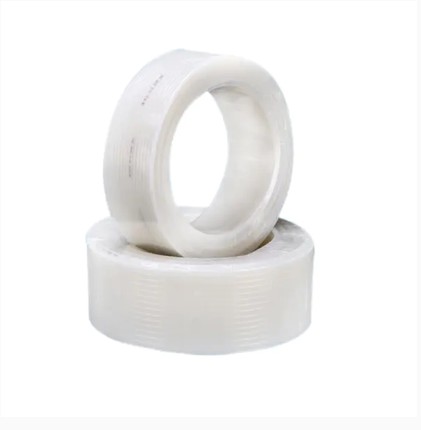
Tough Tubing: The Mechanics and Benefits of Nylon Tube Technology
In the realm of fluid transportation and containment, the innovation of nylon tube technology emerges as a robust solution, offering an array of mechanical strengths and advantages. This comprehensive exploration delves deep into the mechanics of nylon tube technology, shedding light on its diverse benefits and how it is revolutionizing fluid handling across various industries.
At the heart of nylon tube technology is the utilization of nylon, a synthetic polymer known for its remarkable mechanical properties. This material boasts impressive tensile strength, enabling nylon tubes to withstand significant pressures and stresses. Nylon's flexibility enhances its adaptability to various fluid transfer scenarios, allowing it to bend and adjust without compromising its structural integrity.
Nylon tube technology features a smooth interior surface, ensuring streamlined fluid flow. Unlike traditional metal pipes that may have internal irregularities causing friction and turbulence, nylon tubes provide a frictionless conduit. This results in enhanced operational performance and reduced energy consumption, making nylon tubes an environmentally-friendly choice.
Unlike metal alternatives, nylon tubes are corrosion-resistant. This quality ensures a longer lifespan, even when exposed to harsh chemicals or corrosive environments. Industries dealing with chemicals, fuels, or abrasive fluids find nylon tube technology invaluable for maintaining structural integrity over time.
The lightweight nature of nylon makes handling and installation of nylon tubes effortless. This advantage is particularly beneficial in applications where weight constraints are a concern. Industries such as automotive, aerospace, and robotics benefit from reduced load without compromising on durability and performance.
Nylon tube technology demonstrates impressive temperature tolerance. It operates efficiently across a wide range of temperatures, from freezing conditions to high heat. This adaptability widens its scope of applications to industries such as refrigeration, industrial machinery, and fluid handling in extreme environments.
Nylon's inherent dampening properties lead to reduced noise and vibration levels compared to metal pipes. This is especially valuable in industries where noise control is crucial, such as HVAC systems, automotive fuel lines, and hydraulic applications.
Nylon exhibits excellent chemical compatibility with various fluids, including oils, solvents, and fuels. This characteristic makes nylon tubes a versatile choice for industries handling diverse types of fluids, without concerns about material degradation or contamination.

 English
English 简体中文
简体中文



